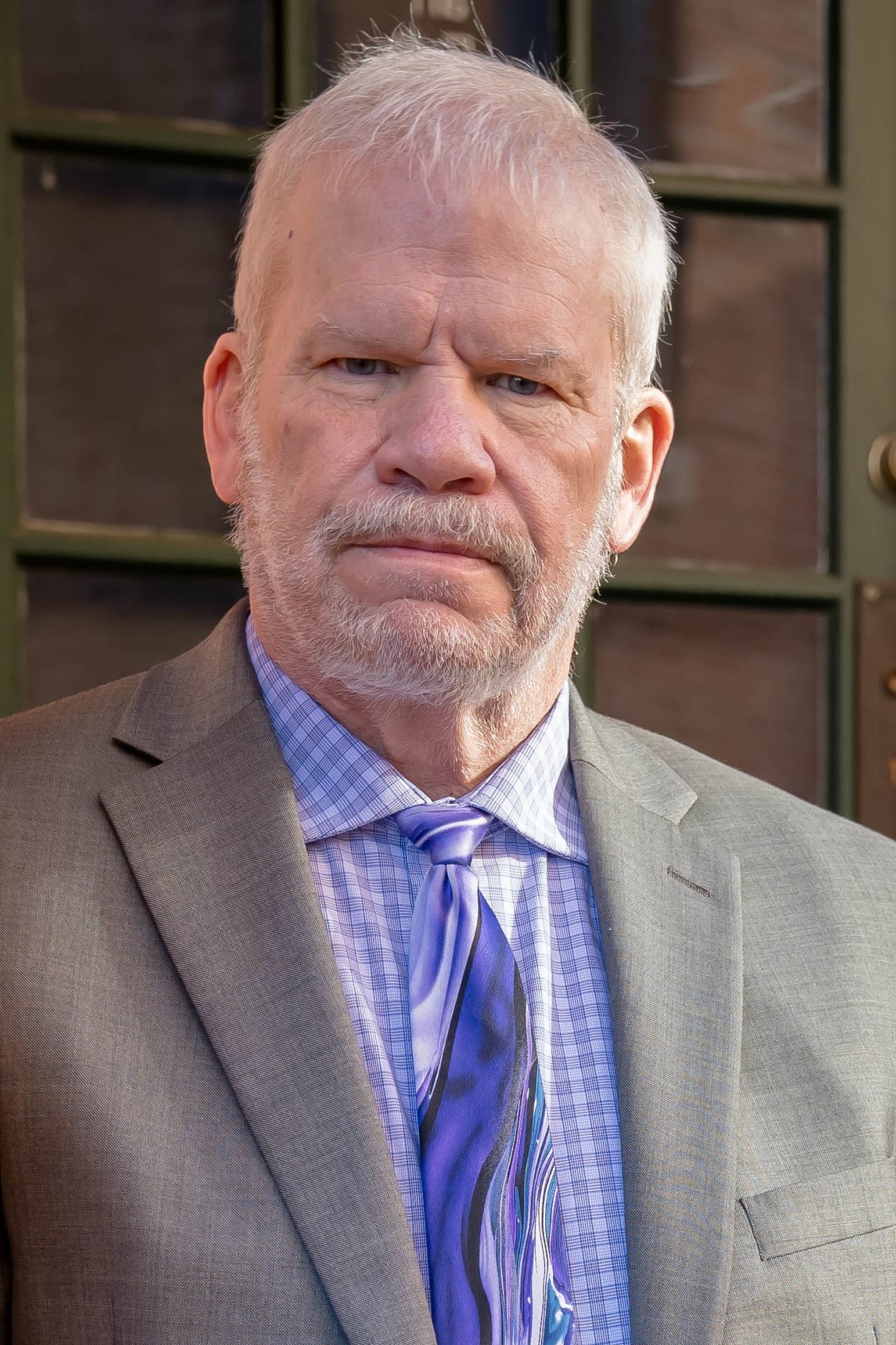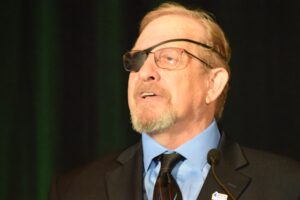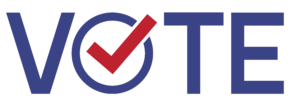By now most of us are aware of the situation in Indiana. For those who are not, a proposed rule change in Indiana court rules would prohibit, outlaw, stenographers from courtrooms.
This is not a proposal to allow other competing methods, nor is it a claim to bring in cost-cutting measures or to lay off employees. Rather, this is a direct and discriminatory attack to specifically keep our skilled and highly trained practitioners from our most traditional, established, and proven role that we have performed over the decades. Over the centuries.
It’s baffling, outrageous, and alarming that the most advanced, accessible, and highest quality means of keeping the record would be banned from courtrooms. It’s harmful for the public to deny them access to reporters who provide the gold standard of records, as well as realtime, rough-draft, and fast-turnaround transcripts that provide profound benefits in the judicial environment.
To quote NCRA’s Executive Director Dave Wenhold in a recent conversation: “If this isn’t a call to action, I don’t know what is.”
This is indeed a call to action, my dear colleagues. It isn’t the only one we’ve had, but arguably the most profound. I’m in my fifth decade of this profession now, and I have never seen a measure to dismiss our value so completely and outright make our jobs illegal in each environment.
This call to action applies to our stenographic reporters and captioners everywhere. Part-time or full-time. Employee or contractor. Urban or rural. Certified or noncertified. NCRA members or nonmembers. This is an attack on us all, on our talents, on our services, on our existence.
First, you can submit your thoughts during the public comment time on Indiana’s proposed amendment. That comment site is found here. If you’re unsure what to say, NCRA has a sample for you to use, found here. The public comment time is open until noon on February 6, 2023.
Dear colleagues, this is a fight calling for immediate action, but it is also larger and longer term in scope. While NCRA’s Government Relations Department can — and does — provide lobbying and advocacy power as well as training (such as the upcoming NCRA Leadership & Legislative Boot Camp), this is also and importantly our fight. We all have legislators at the local, state, and federal levels. We have a governor’s office. We have rule-making bodies and regulatory agencies. Let’s all of us bring our words to bear in those places. Because this is a direct attack on our service, our value, and on our jobs.
This call to action is to make our voices heard in promoting our indispensable value to the rule-makers and the public at large. We can do so through our state associations and national association, but most notably and necessarily, through our own individual actions.
When we are practicing our skills in service to the public, we are almost always necessarily silent. This is an arena where we can be silent no more. Make your voices heard in the halls of power. Deliver the utmost value in providing your services. Carry the word: We are proven, we are present, we are the gold standard in what we do, and we are necessary and irreplaceable for public access and protection.
Good fortune to us all in this all-important endeavor.
Jason T. Meadors, FAPR, RPR, CRR, CRC
President, National Court Reporters Association








